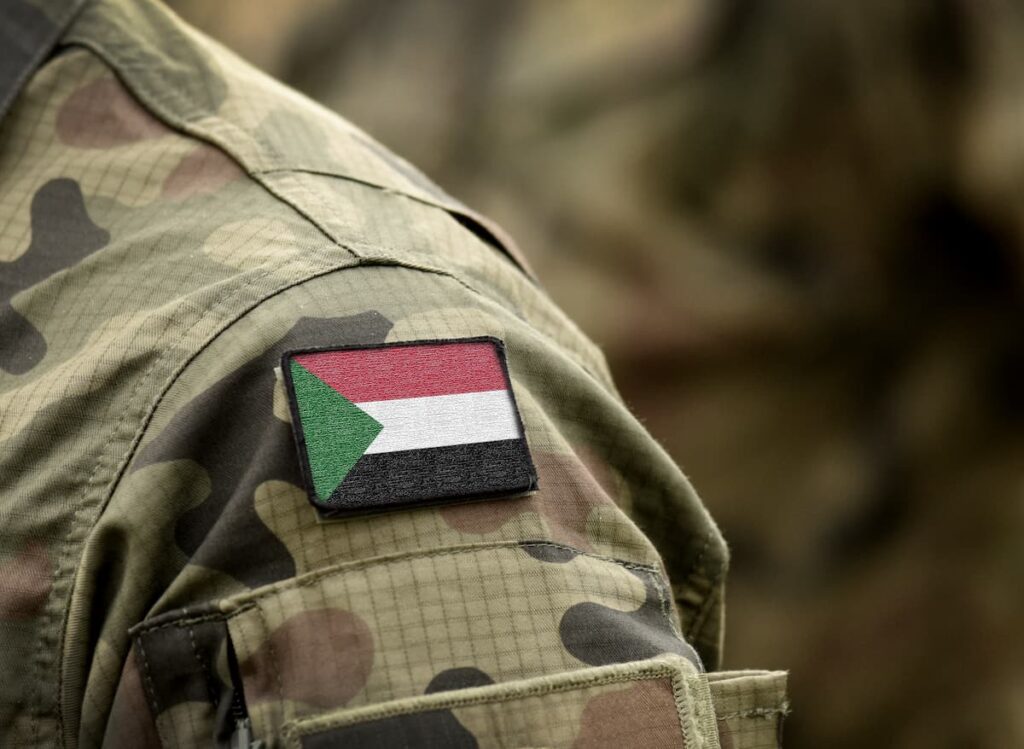Deadly Attack on Sudan’s Last Functioning Hospital
More than 40 people, including children and health workers, lost their lives in a recent attack on Al-Mujlad Hospital, a key medical center located in West Kordofan, Sudan. The hospital served as the only operational healthcare facility in the region, providing life-saving treatments like dialysis and essential care to civilians caught in the crossfire of the country’s ongoing civil war.
The violence erupted near one of the conflict’s frontlines, an area that has seen heavy fighting between the Sudanese Armed Forces (SAF) and the paramilitary Rapid Support Forces (RSF). Both medical and legal civil society groups have pointed to the Sudanese army as responsible for the airstrike that destroyed the facility. While neither military faction has issued an official statement confirming the events, the consequences are undeniable: families shattered, health infrastructure demolished, and the humanitarian crisis deepening.
Children and Health Workers Among the Victims
Of the dozens who died in the hospital bombing, at least six were children and five were healthcare professionals. According to local networks, the majority of the hospital’s patients were civilians with no ties to the military. The attack left many others injured, overwhelming emergency services in an area already facing medical shortages.
Al-Mujlad Hospital had been a vital lifeline for surrounding communities. Its dialysis unit was among the few options available to patients with chronic conditions. The loss of such a facility not only marks a severe blow to public health access but also signals the growing disregard for international humanitarian law.
Reports indicate that the hospital may have been targeted due to the presence of RSF fighters allegedly sheltering inside. While the Sudan Doctors Network confirmed this as a possible motive, the RSF has not responded to the claim, and the SAF has remained silent. Regardless of the military logic behind the strike, targeting a hospital filled with non-combatants is considered a war crime under international law.
Mounting Evidence of War Crimes and Civilian Suffering
Sudan’s civil war, now stretching beyond its second year, has become one of the world’s most devastating humanitarian disasters. Widespread displacement, targeted attacks on civilians, and repeated strikes on healthcare infrastructure have become common tactics in this brutal conflict.
Both the SAF and RSF have been accused of war crimes, including violence against medical facilities, rape, and attacks on vulnerable populations. Some of the most disturbing accounts involve armed groups sexually assaulting children—some as young as one year old. There are increasing reports of children attempting to take their own lives due to the trauma inflicted by the war.
The United Nations and various humanitarian organizations have called for immediate protection of medical spaces and personnel. However, attacks continue to occur, often with little international response or accountability.
Aid Shortages and a Deteriorating Future for Sudanese Children
In neighboring Chad, where many Sudanese families have fled for safety, humanitarian agencies are sounding the alarm. With limited resources and increasing needs, the aid response remains critically underfunded. Nearly two-thirds of the required funding is still missing, leaving hundreds of thousands of displaced children without access to basic services.
Children are especially vulnerable. Many are now out of school, suffering from malnutrition, and at risk of disease and exploitation. The recent hospital bombing has only worsened their chances of receiving even the most basic medical care.
As Sudan’s war drags on, the collapse of its healthcare system—already in ruins from years of instability—poses a long-term threat to generations of civilians. Without urgent international action, more lives will be lost, and the cycle of violence will continue to steal the future of the country’s youngest citizens.


